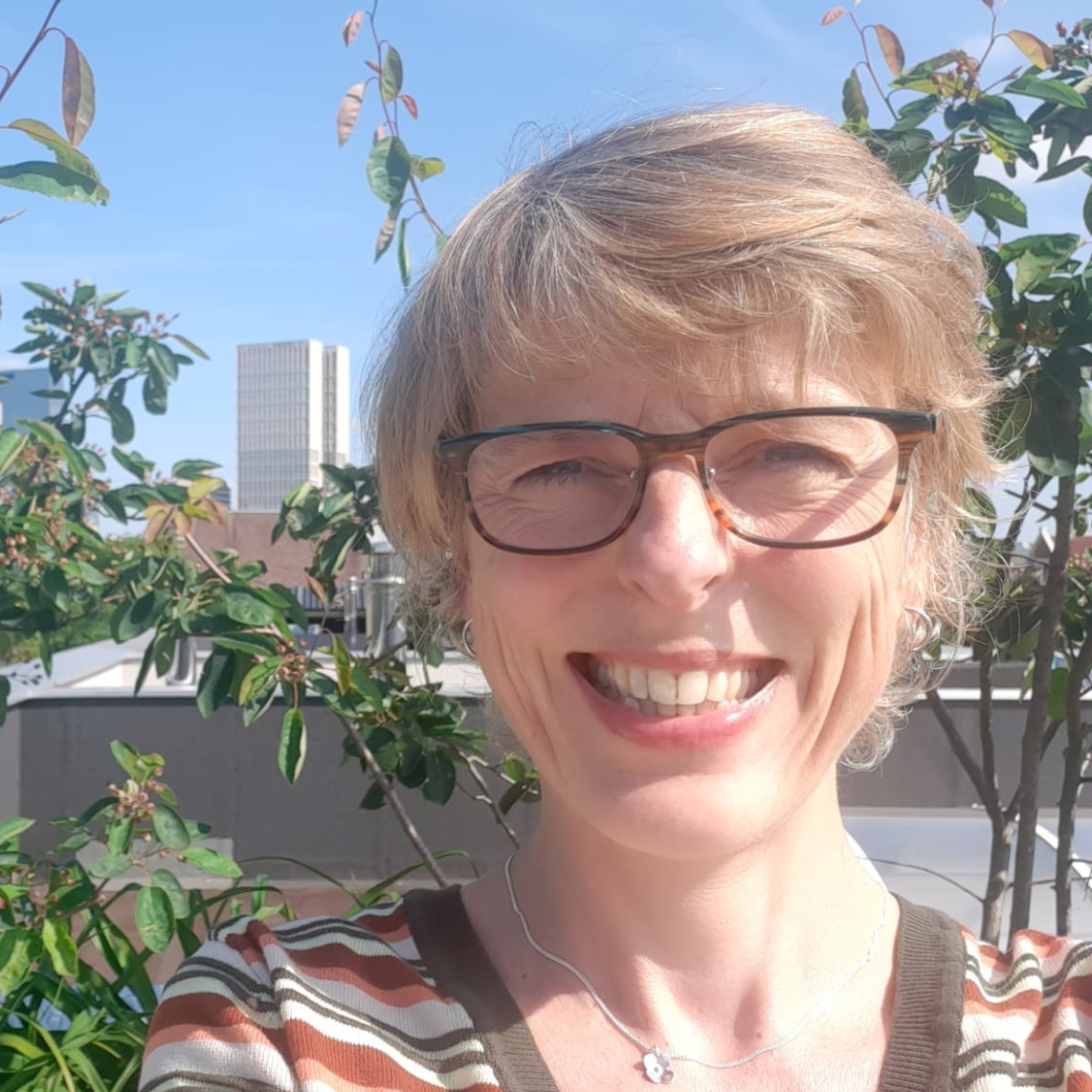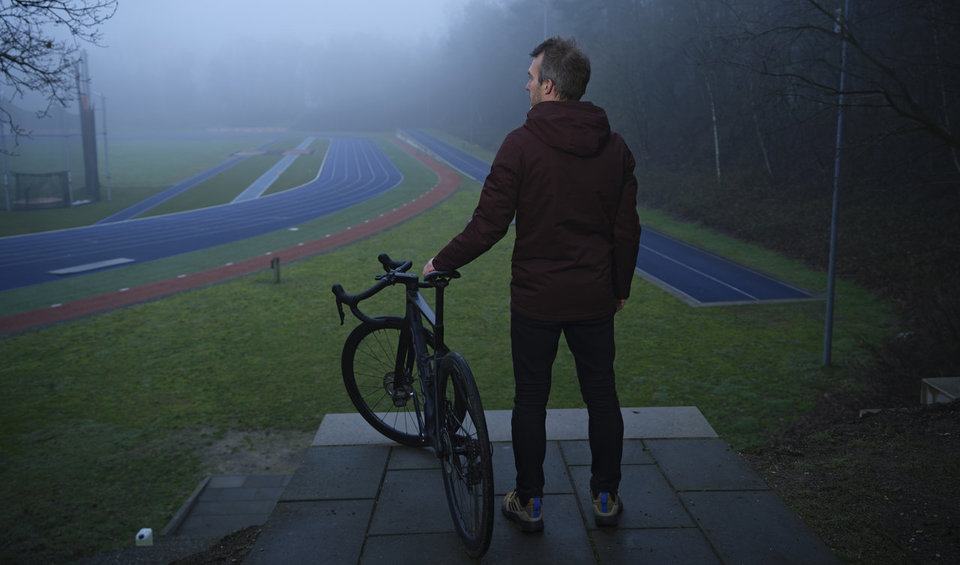Enabling the continual transformation of coastal dynamics education
Approximately half the world’s population lives and works within a couple of hundred kilometres of a coastline – there is a thirst for coastal dynamics knowledge at every shore. This is why, since its publication in February this year, the open textbook “Coastal Dynamics” by Dr. Judith Bosboom, senior lecturer Coastal Engineering at the Faculty of Civil Engineering and Geosciences, and Prof. Marcel Stive, Emeritus Professor of Coastal Engineering, has now been downloaded almost 4000 times in more than 36 countries. The new open textbook, available as a PDF freely downloadable on the TU Delft OPEN Publishing platform, has enabled over 600 pages of knowledge of coastal systems to cross borders, from China to Mexico. What was the incentive for Judith and Marcel to turn the lecture notes for their Coastal Dynamics course into an open textbook? Which obstacles did they encounter along the way and what were the results?
Sharing knowledge from coast to coast
Judith and Marcel’s motivation to write an open textbook stemmed from the need to continuously modernise the TU Delft coastal education curriculum. “In our field, we are describing phenomena and concepts that are evolving and developing in the real world,” said Marcel, “I think it’s extra challenging when we have a textbook that is very close to the application, and when these applications change and develop rapidly.” An online open textbook is easier to update compared with a traditional printed textbook.
The open textbook has evolved from earlier lecture notes of which yearly a maximum of 200 printed copies were produced, mainly serving the TU Delft student population. Having been organising courses in coastal dynamics for institutions and students from all around the world, including in China, India, Brazil and Iran, Judith and Marcel realised there is also global demand for this knowledge. “We would like to serve a wider audience with this new textbook,” Judith reflected, “not only students at TU Delft, but also students at later stages and professionals, worldwide.” A traditional textbook often costs a lot even for TU Delft students, let alone students from resource-poor settings – an open textbook available free-of-charge online would allow a much broader community of lecturers and students to benefit from their work.
Through their experiences teaching abroad, they also understood well that students at different institutions and countries have diverse backgrounds and learning needs. “There is a narrative that we would like to use for our course at TU Delft, but we have often had to adapt courses, for example, to different lengths, adopting other teaching activities, for diverse groups of students.” Publishing this textbook with an open license and giving others permission to reuse, remix and adapt the material, enables lecturers and students globally to use the textbook most effectively in their own courses and settings.
Telling a fuller, richer story
This new textbook is the fruit of years of work: Judith and Marcel wanted to capture the cutting-edge coastal dynamics knowledge, present this knowledge in a coherent style, while adhering to copyright requirements. This meant that close to 400 figures needed to be updated, and for that, new data was collected, and computational models rerun. “These issues were complex, and it took a huge amount of time and energy,” reflected Judith. For this, Judith and Marcel were supported by Michiel de Jong, Project manager Open Education at the TU Delft Library, who offered expert assistance on copyright questions and the open textbook production process. Three diligent student assistants also helped, including a design student who redrew conceptual figures to better fit with the style of the new textbook. To increase manageability of the final product, extra care was also taken to convert the file from Microsoft Word document format to LaTeX, a high-quality typesetting system that includes features designed to produce technical and scientific documentation.
Impact for a better society
The work does not stop here – the field continues to develop and then the open textbook will need to be updated again. “It would be really nice if we can organise the help of our readers to update. We are currently developing a method to do that, by having a system online for people to submit suggestions or let us know about typographical errors in the book.” Judith and Marcel also want to keep this system open, to publicly keep track of and communicate the changes being made in response to requests in future versions, like open practices used in open-source software development. Readers can also sign up to receive updates on the textbook and provide information on their intended use, allowing Judith and Marcel to stay connected with their knowledge communities and keep track of the open textbook’s reach and impact.
Openness is explicitly stated as one of TU Delft's key strategic elements towards impact for a better society. To achieve this goal, TU Delft is putting in place more support for open education. The success and demonstrated impact of this textbook is a testimony of the potential impact of open textbooks in general. A well-written, widely adopted open textbook can also highlight the quality of education at the university and be important for the careers of its students. “Adjusting a textbook should be a continuous process, embedded in the teaching at universities.” Judith concluded.
“Coastal Dynamics” is published on TU Delft OPEN publishing as an open-access textbook, freely available for reading and download. You can also publish your textbook open-access and share your knowledge and thoughts with a wider, more diverse audience – find out how today, or contact your Faculty Blended Learning Developer for more information.




